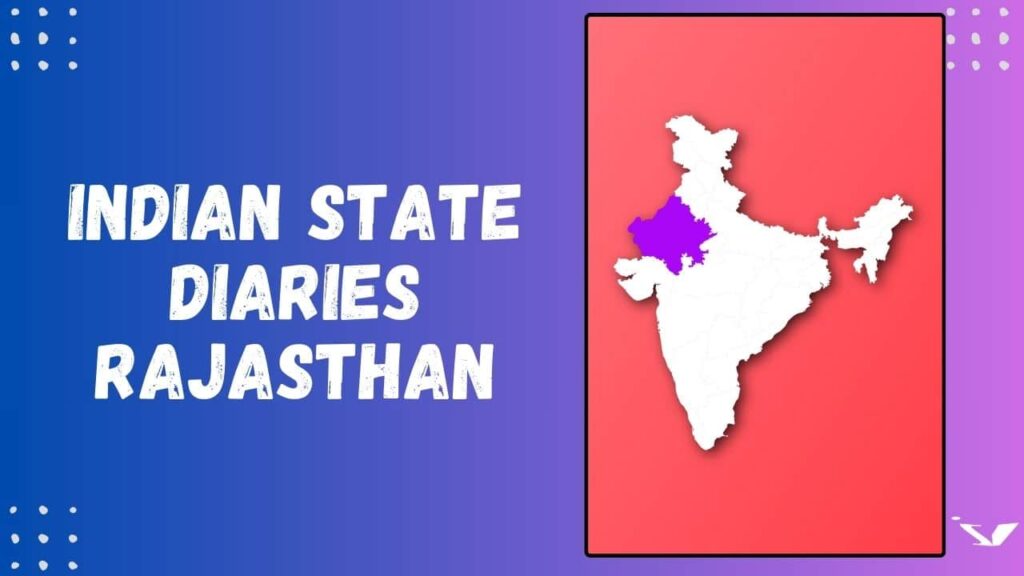Introduction – Rajasthan
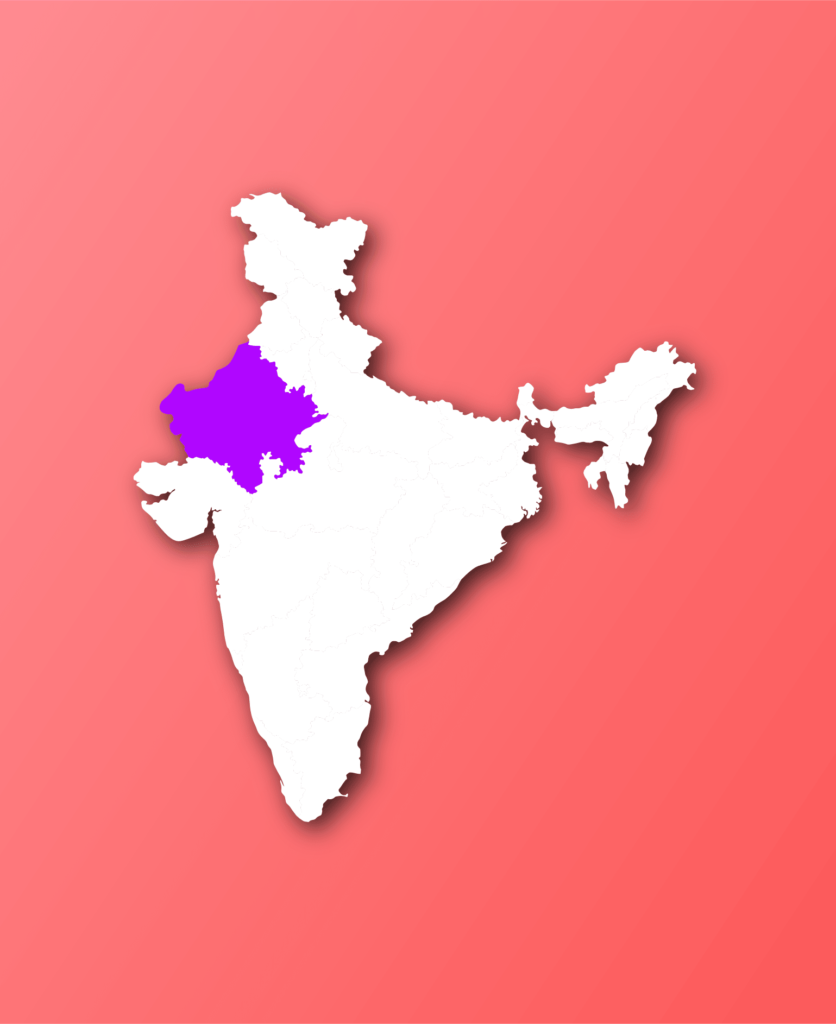
Welcome to Rajasthan, the land of kings, where every corner whispers tales of valor and grandeur. This enchanting state, located in the northwestern part of India, is a treasure trove of history, culture, and natural beauty. From the majestic forts and palaces to the vibrant festivals and delicious cuisine, this state offers a unique and unforgettable experience. Let’s embark on a journey to explore the many facets of this royal state.
History
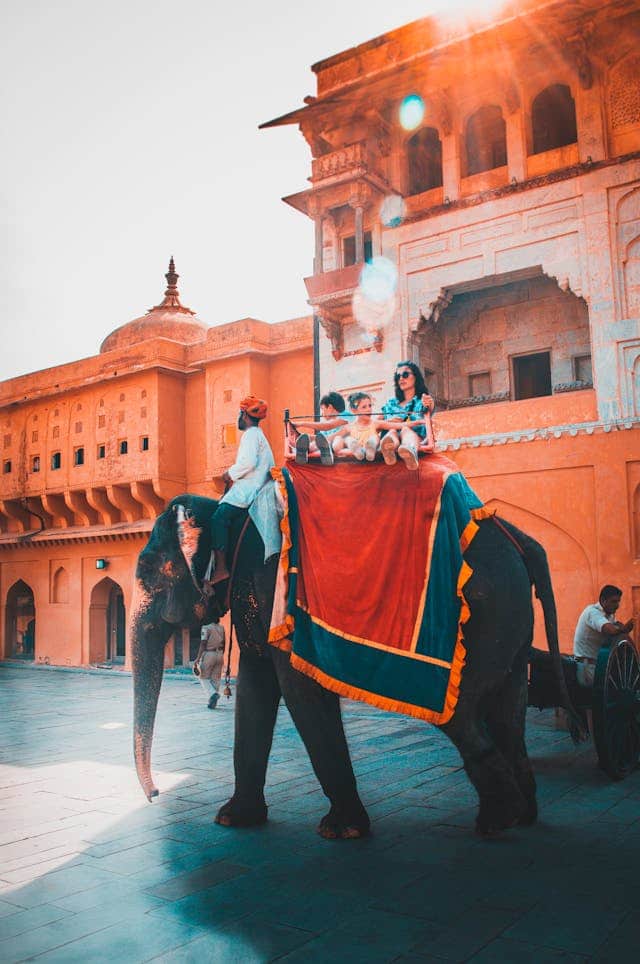
Ancient Period
Rajasthan’s history dates back to ancient times, with evidence of human settlements in the region as early as the Indus Valley Civilization. The region was known as Rajputana, named after the Rajputs, the warrior class that dominated the area.
Medieval Period
The medieval period saw the rise of powerful kingdoms and dynasties such as the Mewar, Marwar, and Jaipur. Legendary battles, like those fought by Maharana Pratap and the rulers of Chittorgarh, are etched in the annals of history. The forts and palaces built during this era stand as a testament to the architectural prowess and grandeur of the Rajput rulers.
Modern Period
In the modern period, Rajasthan played a significant role in India’s struggle for independence. Post-independence, the princely states were merged to form the present-day state. Today, it is known for its rich heritage and vibrant culture, attracting tourists from all over the world.
Geography
Location and Borders
Rajasthan is the biggest state in India, spanning roughly 342,239 square kilometers. It shares its borders with Punjab, Haryana, Uttar Pradesh, Madhya Pradesh, Gujarat, and the international border with Pakistan.
Climate
The state experiences a desert climate, characterized by extreme temperatures. Summers are extremely hot, whereas winters can be quite chilly. The Thar Desert, also known as the Great Indian Desert, dominates the western part of Rajasthan.
Major Rivers and Lakes
Despite its arid climate, Rajasthan is home to several rivers and lakes. The Chambal, Banas, and Luni are the major rivers, while the state also boasts beautiful lakes like Lake Pichola, Fateh Sagar Lake, and the Sambhar Salt Lake.
Culture and Traditions
Festivals and Celebrations
Rajasthan is renowned for its colorful festivals and celebrations. Diwali, Holi, Teej, and Gangaur are celebrated with great fervor. The Pushkar Camel Fair and the Desert Festival in Jaisalmer are unique events that attract visitors from around the globe.
Music and Dance
The state’s folk music and dance forms are an integral part of its culture. The soulful tunes of the Manganiyars and Langas, along with the energetic Ghoomar and Kalbeliya dances, reflect the vibrant spirit of Rajasthan.
Cuisine
Rajasthani cuisine is a delicious mix of flavors and spices. Essential dishes to try are Dal Baati Churma, Gatte ki Sabzi, and Laal Maas. The food here is rich and hearty, often featuring a variety of lentils, grains, and dairy products.
Tourist Attractions
Jaipur: The Pink City
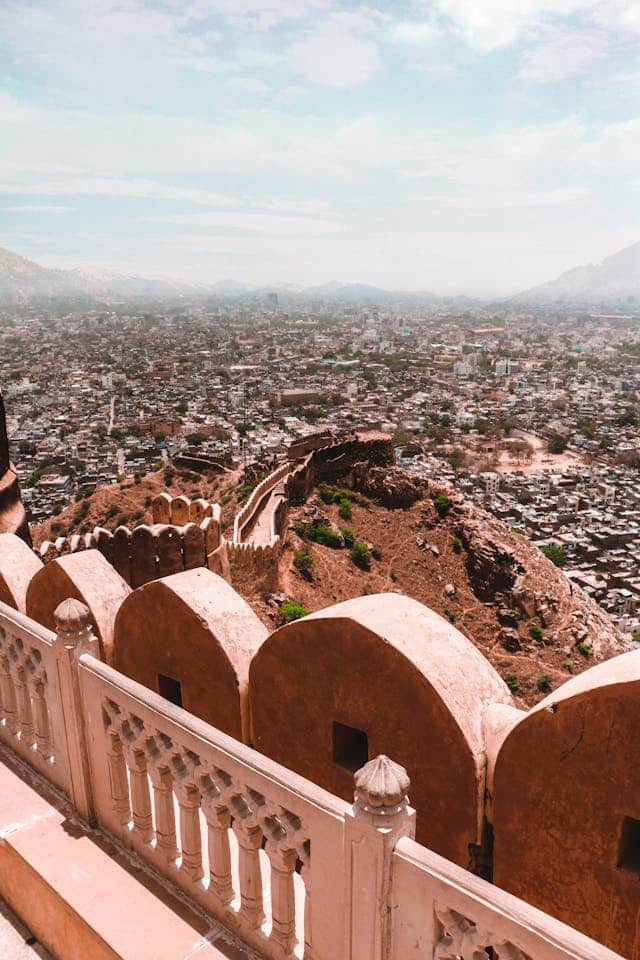
Jaipur, the capital of Rajasthan, is a city of palaces and forts. The Amber Fort, City Palace, and Hawa Mahal are architectural marvels that showcase the grandeur of Rajputana.
Udaipur: The City of Lakes
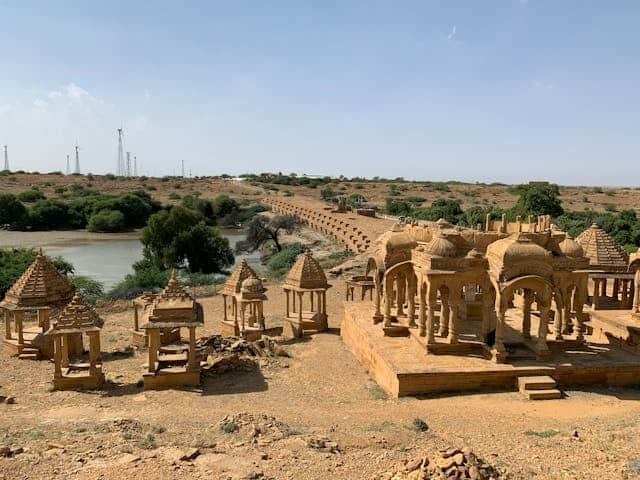
Udaipur, with its picturesque lakes and palaces, is a romantic destination. The Lake Palace, Jag Mandir, and the City Palace complex are must-visit attractions.
Jodhpur: The Blue City
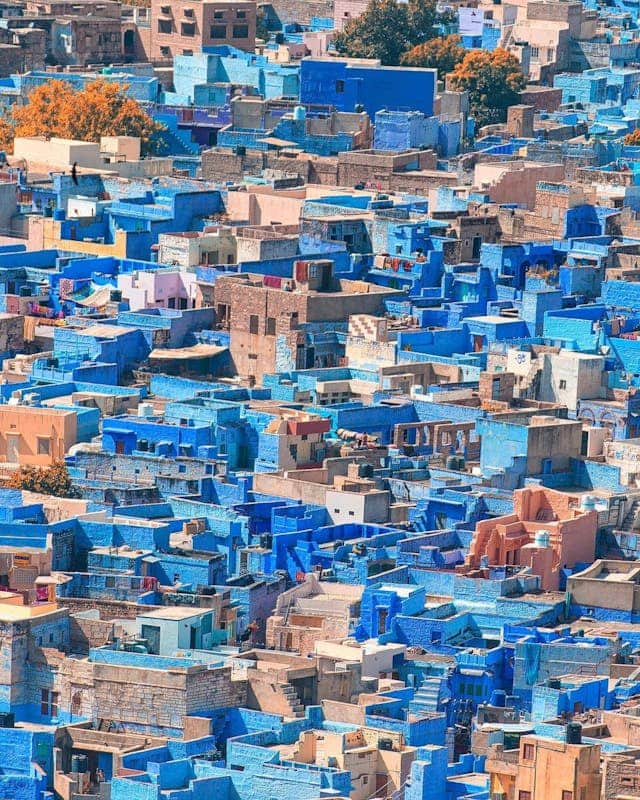
Jodhpur is renowned for its blue-painted houses and the majestic Mehrangarh Fort. The fort offers stunning views of the city and is a testament to the city’s rich history.
Jaisalmer: The Golden City
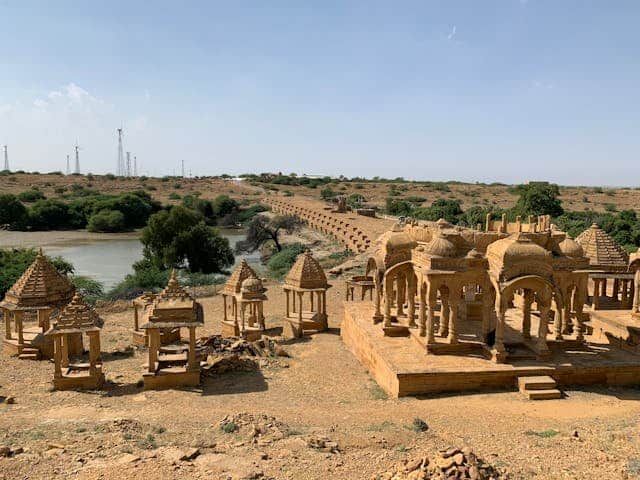
Jaisalmer, located in the heart of the Thar Desert, is known for its golden sandstone architecture. The Jaisalmer Fort, Patwon Ki Haveli, and the desert safari are major highlights.
Mount Abu: The Hill Station
Mount Abu, the only hill station in Rajasthan, offers a cool retreat from the heat. The Dilwara Temples, Nakki Lake, and Guru Shikhar are popular tourist spots.
Wildlife and Nature
Ranthambore National Park
Ranthambore National Park is a sanctuary for wildlife enthusiasts. It is one of the best places in India to spot tigers in their natural habitat.
Sariska Tiger Reserve
Sariska Tiger Reserve, located in the Alwar district, is another prime location for tiger sightings. The reserve is also home to a variety of other wildlife species.
Keoladeo National Park
Keoladeo National Park, previously known as Bharatpur Bird Sanctuary, is a UNESCO World Heritage Site. It is a paradise for bird watchers, with over 360 species of birds.
Handicrafts and Art
Textiles and Fabrics
Rajasthan is famous for its exquisite textiles and fabrics. Bandhani (tie-dye), block printing, and embroidery are traditional crafts that have been passed down through generations.
Jewelry
The state is renowned for its jewelry, particularly Kundan and Meenakari work. The intricate designs and craftsmanship make Rajasthani jewelry a coveted possession.
Pottery
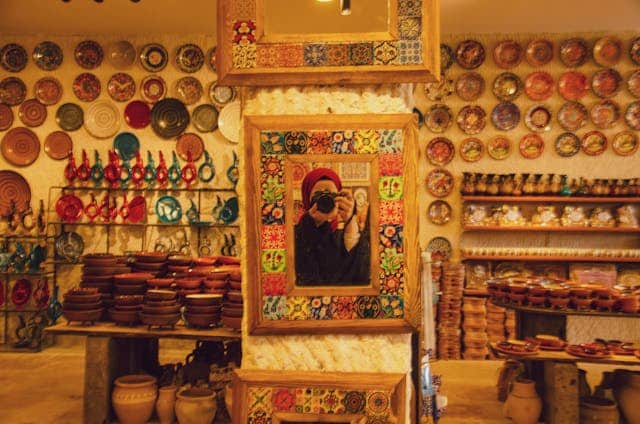
Rajasthani pottery, especially the blue pottery of Jaipur, is known for its vibrant colors and intricate patterns. It is a popular keepsake among tourists.
Economy
Agriculture
Agriculture is the backbone of Rajasthan’s economy. The state cultivates a variety of crops, such as wheat, barley, pulses, and oilseeds.
Mining
Rajasthan is abundant in mineral resources, with significant deposits of limestone, marble, and granite, making the mining industry a major contributor to the state’s economy.
Tourism Industry
Tourism plays a vital role in Rajasthan’s economy. The state’s rich cultural heritage, historical landmarks, and natural beauty attract millions of tourists each year.
Languages Spoken
Hindi
Hindi is the official language of the state and is widely spoken across the state.
Rajasthani Dialects
Rajasthan is home to several dialects, including Marwari, Mewari, and Shekhawati. These dialects add to the linguistic diversity of the state.
Educational Institutions
Universities
Rajasthan boasts several prestigious universities, including the University of Rajasthan, Rajasthan Technical University, and Maharana Pratap University of Agriculture and Technology.
Research Centers
The state is also home to renowned research centers, such as the Central Arid Zone Research Institute (CAZRI) and the Desert Medicine Research Centre (DMRC).
Transportation and Connectivity
Roads and Highways
Rajasthan has an extensive network of roads and highways, making it easy to travel within the state. The Golden Quadrilateral and North-South Corridor pass through the state, enhancing connectivity.
Railways
The state is well-connected by rail, with major railway stations in Jaipur, Jodhpur, and Udaipur. The Palace on Wheels, a luxury tourist train, offers a unique travel experience.
Airports
Rajasthan has several airports, with Jaipur International Airport being the busiest. Other major airports are located in Udaipur, Jodhpur, and Jaisalmer.
Government and Administration
Political Structure
Rajasthan follows a democratic political structure, with a legislative assembly and a council of ministers headed by the Chief Minister.
Key Government Initiatives
The state government has launched several initiatives to promote tourism, agriculture, and industrial development. Schemes like Bhamashah Yojana and Mukhyamantri Jal Swavlamban Abhiyan have been implemented to improve the quality of life for residents.
Conclusion
Rajasthan, with its royal heritage, vibrant culture, and diverse landscapes, is a captivating destination. Whether you’re a history buff, a nature lover, or a foodie, Rajasthan has something to offer everyone. The state’s rich traditions and warm hospitality make it a place worth visiting and exploring.
Picture credits: https://www.pexels.com/ ; https://pixabay.com/
Like this post?
Give a glance to other posts from Indyviews : https://indyviews.in/blogsy/
